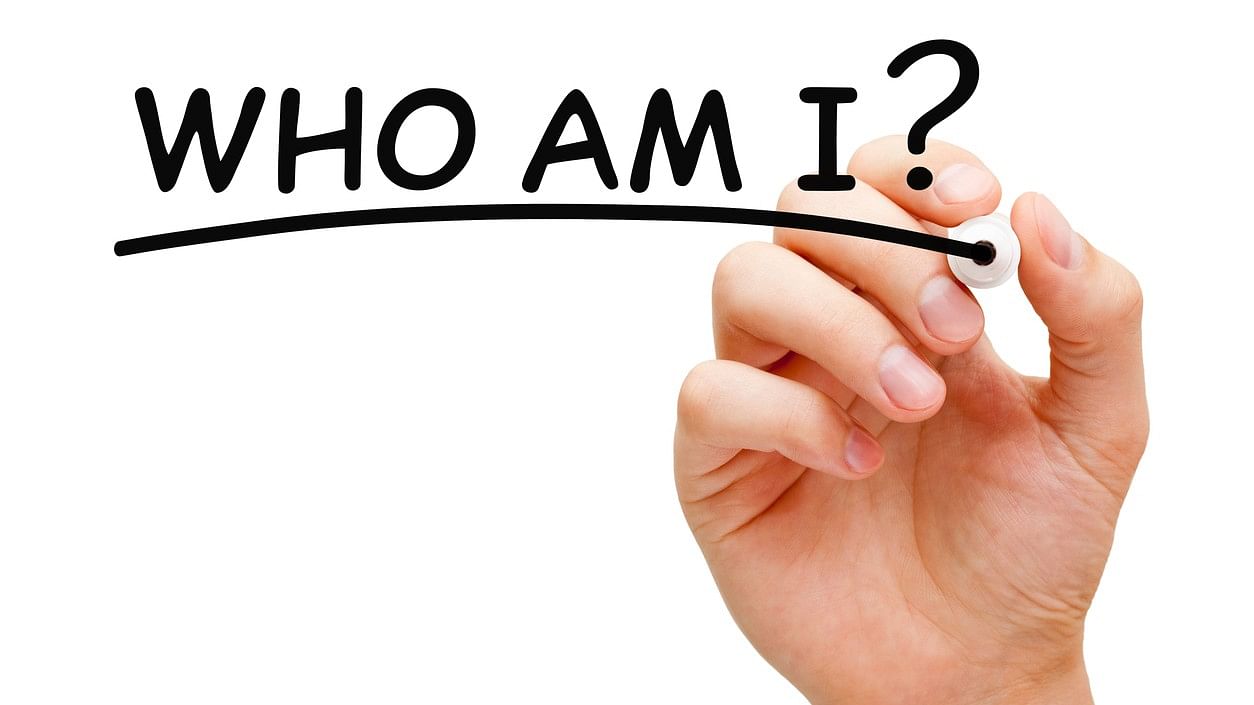
This is as daunting as having to remember the names of your great-grandparents from five generations ago. And if you don’t know or remember places other than the one where you might have lived for the past hundred years, you probably don’t exist.
Credit: iStock Photo
‘Where are you from?” The festivities of the party seemed to have been brought to a temporary halt, and everyone started staring at me. It took me a while to realise that the question was directed at me. Feeling like a deer in headlights, I swallowed hard and said, “The Northeast,” referring to the geographical part of the US I happened to inhabit.
“I mean, where do you come from?” continued the investigator, clearly not satisfied with my initial response. I was beginning to get worried, and after some serious thinking, I came up with “Boston,” forcing a smile that would
not come out.
“Arre yaar, where are you from, originally?” insisted the interrogator, clear irritation in his voice. This was becoming a losing game, and an
embarrassing one too.
It then struck me that this was yet another episode of what I call the ‘origins of man’ exam, wherein I was expected to name the street and crossroads of the village in India where I was born. Vague answers like Bengaluru, Chennai, Mysuru, or Kodagu do not pass muster and only lead to more probing. Sometimes the dialogue takes an unexpected turn with attempts at questioning where my dad or grandfather had worked and which school I went to, with a view to tracing my location coordinates indirectly.
There is this penchant, unique to human beings, that seems to require everyone to be associated only with ‘native’ places that are considered ‘genuine’. I wish someone would publish a dictionary of such acceptable names. This is as daunting as having to remember the names of your great-grandparents from five generations ago. And if you don’t know or remember places other than the one where you might have lived for the past hundred years, you probably don’t exist. And, when you do succeed in naming the gully where you are ‘from’, you are immediately confronted with a litany of names of several dozen people (some of them probably safely in heaven by now) who may have shared the misfortune of being born in the same location.
A variation of the where-are-you-from theme is the formation of social groups. Over the many decades of my living abroad, I have watched with fascination the tendency of Indians to fragment and divide with great enthusiasm. In the good old days (before the advent of social media, even computers), one Indian association was like an anchor for many struggling in a strange land. Then came the rapid division by language, followed by religion, caste, and variations thereof. People, ceremonies, and a plethora of symbolic items are flown from India to establish the superiority of one group over another. With the advent of websites, WhatsApp groups, and other channels, there is an incessant bombardment of various ‘cultural nuances’—constantly attempting to create another sub-group.
So, the next time someone asks me where I am from, I might answer,
‘Garden of Eden’!